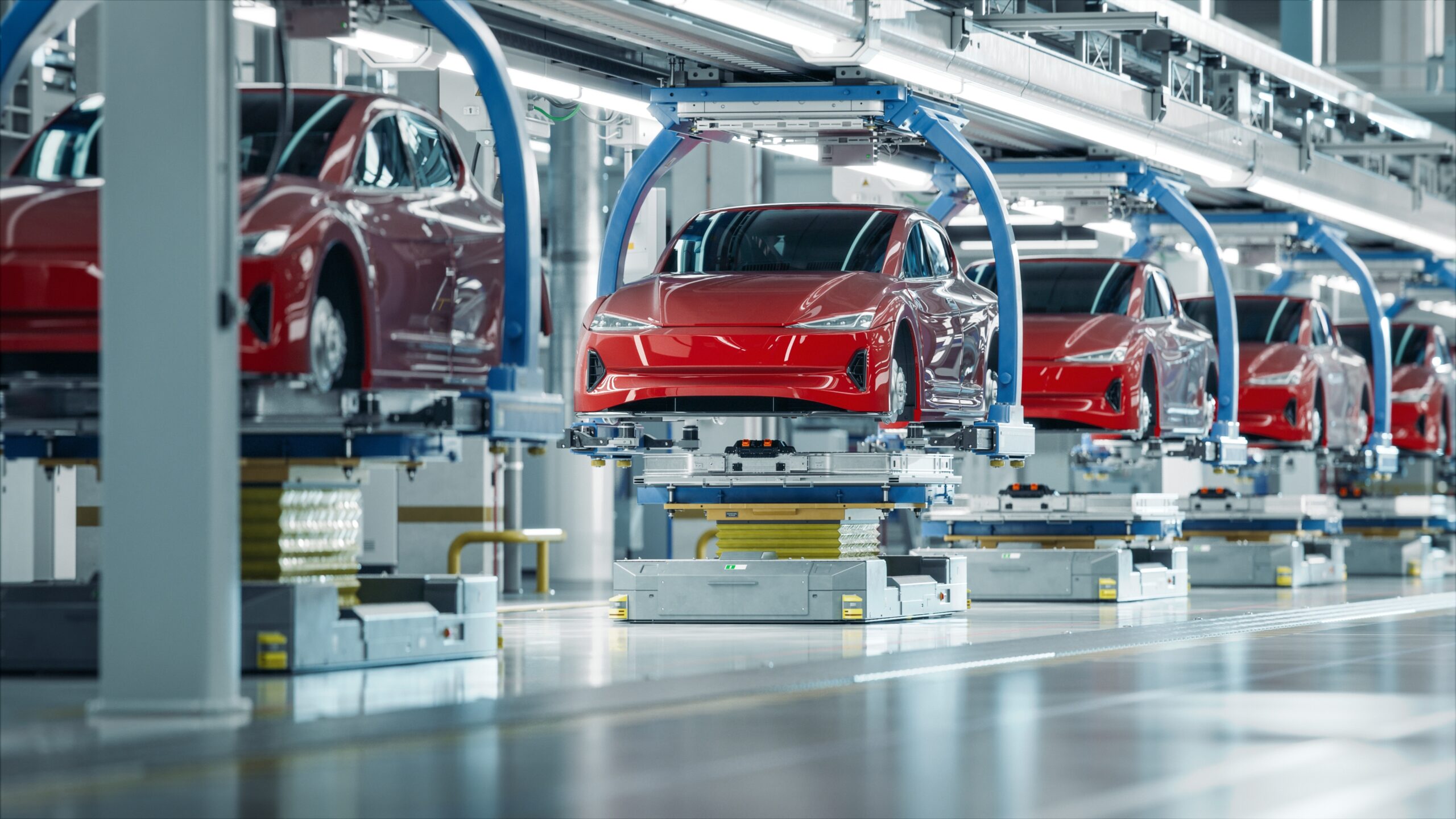A New Frontier in Trade Wars
In a bold move, US President Joe Biden has significantly increased tariffs on electric vehicles (EVs) imported from China, raising them to an unprecedented 100%. This drastic shift aims to bolster American manufacturing and sets the stage for potential trade conflicts involving Europe and China. As Biden emphasizes American production, these tariffs’ ripple effects could provoke significant global economic and political reactions.
The American Gambit
Navigating the New Trade Landscape
President Biden’s declaration, “I’m determined that the future of electric vehicles will be made in America by union workers,” underscores a strategic pivot towards protecting and nurturing domestic industries against global competition. The increased tariffs are seen as a move to shield the US market from Chinese dominance in the EV sector. However, this policy may inadvertently pressure European markets, the primary beneficiaries of Chinese EV exports.
Joseph Webster of the Atlantic Council highlights the broader implications, suggesting that the US’s aggressive stance could “force Brussels’ hand” in redefining its trade policies. The EU now faces a critical decision: implement similar tariffs or risk an influx of Chinese-made EVs and other goods.
The European Dilemma
Balancing Act in Trade Defenses
The European Union, currently undertaking investigations into Chinese state support for its EV manufacturers, finds itself at a crossroads. Agatha Kratz of the Rhodium Group points out that while the EU could escalate its tariffs to 30%, matching the US’s 100% would be challenging and potentially unjustifiable without conclusive evidence of unfair subsidization.
This predicament forces the EU to consider alternative measures, such as enhancing data security protocols and enforcing stricter environmental and labor standards to counteract the competitive disadvantages of cheaper Chinese imports.
EU Tariffs: A Double-Edged Sword
Potential Pitfalls of Protective Measures
With the EU accounting for 36% of Chinese EV exports, significant tariffs could be necessary to deter Chinese manufacturers, yet such measures risk backfiring. High tariffs might impede Chinese imports and adversely affect European manufacturers that leverage Chinese production facilities. BMW CEO Oliver Zipse’s cautionary stance against protectionist policies underscores the complex interdependencies within the global automotive industry.
Trade War Brewing?
A Shift in Global Trade Dynamics
As tensions mount, the EU and China may be inching towards a trade war, with each side poised to protect its economic interests and industries. The EU’s broader investigations into Chinese industrial practices indicate a defensive approach towards trade, aiming to safeguard European jobs and market stability.
Josh Lipsky of the Atlantic Council suggests that the upcoming decisions by Europe and the G7 could be pivotal. A unified stance against China’s trade practices could redefine international trade norms. At the same time, a more cautious approach might validate China’s perceived divide between its challenges with the US and other advanced economies.
Navigating Uncertain Waters
President Biden’s new tariffs potentially ignite a complex trade war involving the US, Europe, and China, putting the global economic landscape at risk. The decisions made in the coming weeks will affect international trade relations and the strategic dynamics among the world’s leading economies. With the G7 summit on the horizon, the international community watches closely, anticipating moves that could reshape the balance of economic power in the era of electric vehicles.






















